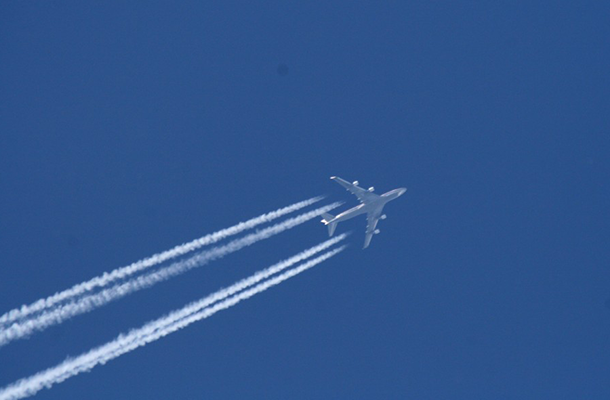With barely 18 months before all countries with aircraft operators undertaking international flights are required to start monitoring carbon emissions, ICAO faces a major challenge in finalising the important standards that will underpin its global CORSIA carbon offsetting scheme. While 69 Member States have so far agreed to participate from the beginning of the pilot phase in 2021, many more will be affected by the monitoring, reporting and verification (MRV) requirements of the scheme. However, the ICAO leadership is confident that the draft standards are on course to be formally adopted in a year"™s time, although concedes additional resources will be needed for the development and implementation of the scheme. The UN agency"™s environment chief, Jane Hupe, told a recent seminar in Montreal that CORSIA should not be seen as a "˜carte blanche"™ which allowed the sector to increase its emissions unchecked and the aim was to do everything possible to reduce aviation"™s climate impact.
ICAO has just completed a series of five regional seminars to inform its Member States on the details and progress of CORSIA, with a total of 431 participants from 92 States that collectively account for 94.8% of total international air traffic (RTKs).
"The objective of these seminars was to ensure the successful and timely implementation of CORSIA by States," Hupe told GreenAir. "The seminars shared information on CORSIA"™s design elements and provided an opportunity for States to share their existing readiness to implement the scheme. They provided momentum behind a desire to learn more about the details of CORSIA and what is required for implementation.
"This is a great sign for two reasons: firstly, there is a growing interest in CORSIA and with that we anticipate a growth in participation in the pilot and first phase, and, secondly, the level of understanding from the States has increased to a point where they are starting to ask more in-depth questions."
The series concluded with the Montreal seminar that discussed the outcome as well as the lessons learned from the regional events, one of the most important being the need by States for assistance and resources "“ so-called capacity-building. Whereas mandatory reporting by US airlines to their government on jet fuel consumption has been in place for decades and airlines operating in Europe have been subject to MRV provisions under the EU Emissions Trading System (EU ETS) for over five years, this is new territory for many States and their aircraft operators. Even those States that are not participating in the voluntary phase of CORSIA will have to set up a carbon emissions monitoring and reporting system.
"Continuing to bridge the gap in the level of understanding will remain a primary focus of the ICAO Secretariat," said Hupe.
For ICAO itself, developing and implementing the scheme on time is proving a major challenge. "Our initial assessment has indicated that we will need additional resources to complete the development and implementation of CORSIA, as this is above and beyond what we have done in the past," said ICAO Council President Dr Olumuyiwa Benard Aliu in an interview on the sidelines of the Montreal seminar. "CORSIA is the first global market-based measure (MBM) scheme for any industry sector so, yes, this is outside our historical experience.
"That said, ICAO is very well positioned to undertake this role as it is not only working closely with its Member States, but also coordinating with expert groups made up of industry, NGOs and other UN organisations. This collaboration is key to the success of CORSIA."
Dr Aliu said States had been petitioned to provide additional support to meet the demands of developing and implementing the scheme, and ICAO was encouraging States to build CORSIA partnerships and cooperate on implementation. "We are also working very closely with and receiving expertise support from the UNFCCC Secretariat, as well as exploring partnerships with other international organisations and States," he added…



